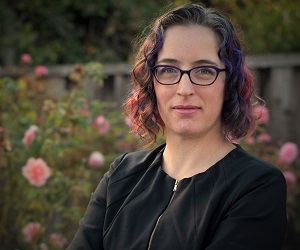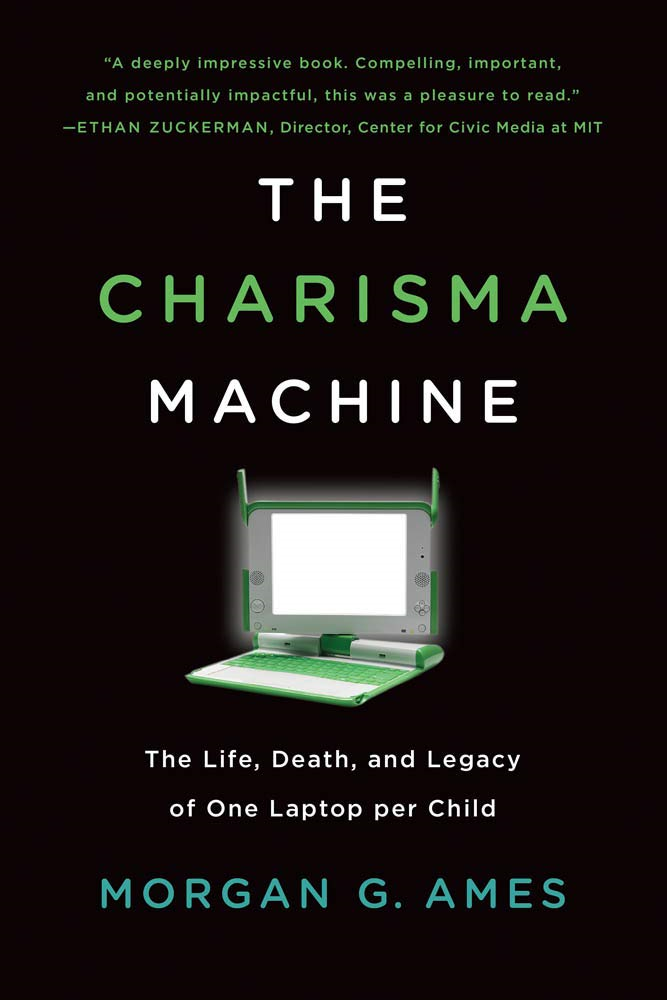Her book The Charisma Machine: The Life, Death, and Legacy of One Laptop per Child (MIT Press, 2019), winner of the 2020 Best Information Science Book Award, the 2020 Sally Hacker Prize, and the 2021 Computer History Museum Prize, draws on archival research and ethnographic fieldwork in Paraguay to explore the cultural history, results, and legacy of the OLPC project - and what it tells us about the many other technology projects that draw on similar utopian ideals.
Her next project extends the questions she asks in The Charisma Machine regarding the interaction between computers, ideology, and identity to explore the role that utopianism plays in discourses around childhood, education, and 'development' in two geographically overlapping but culturally divided worlds: developer culture of Silicon Valley and the working-class and immigrant communities in the San Francisco Bay Area. The questions that drive her current projects concern the ways in which young people construct their identities with computers, and how computers (and the technology design practices that produced them) shape the identities they construct. This includes investigations of youth cultures, Minecraft, artificial intelligence, programming practices, and generational differences in programming "origin stories."
Morgan is an Assistant Professor of Practice in the School of Information and Associate Director of Research for the Center for Science, Technology, Medicine and Society at the University of California, Berkeley. She teaches in the Masters in Data Science (MIDS) program and administers the Designated Emphasis in Science and Technology Studies. She is also affiliated with the Algorithmic Fairness and Opacity Working Group and the Center for Science, Technology, Society and Policy.
Her PhD is in communication (with a minor in anthropology) from Stanford, where her dissertation won the Nathan Maccoby Outstanding Dissertation Award. She has a B.A. in computer science and M.S. in information science, both from the University of California, Berkeley, and has worked as a researcher at Google, Yahoo!, Nokia, and Intel.
She advises students on a variety of intrepretive research methods, with a focus on ethnography. (Note that she can't be primary advisor for PhD students but can co-advise and serve on committees.) Her core theoretical areas include science and technology studies, anthropology, cultural studies, information studies, media studies, communication, data and algorithm studies, and human-computer interaction. If you are a prospective PhD student, here's some great advice from fellow I School faculty member Josh Blumenstock on how to position your application for the School of Information. Utah Quicksilver, Park City and Salt Lake City's best transportation service


 morganya
morganya org
org